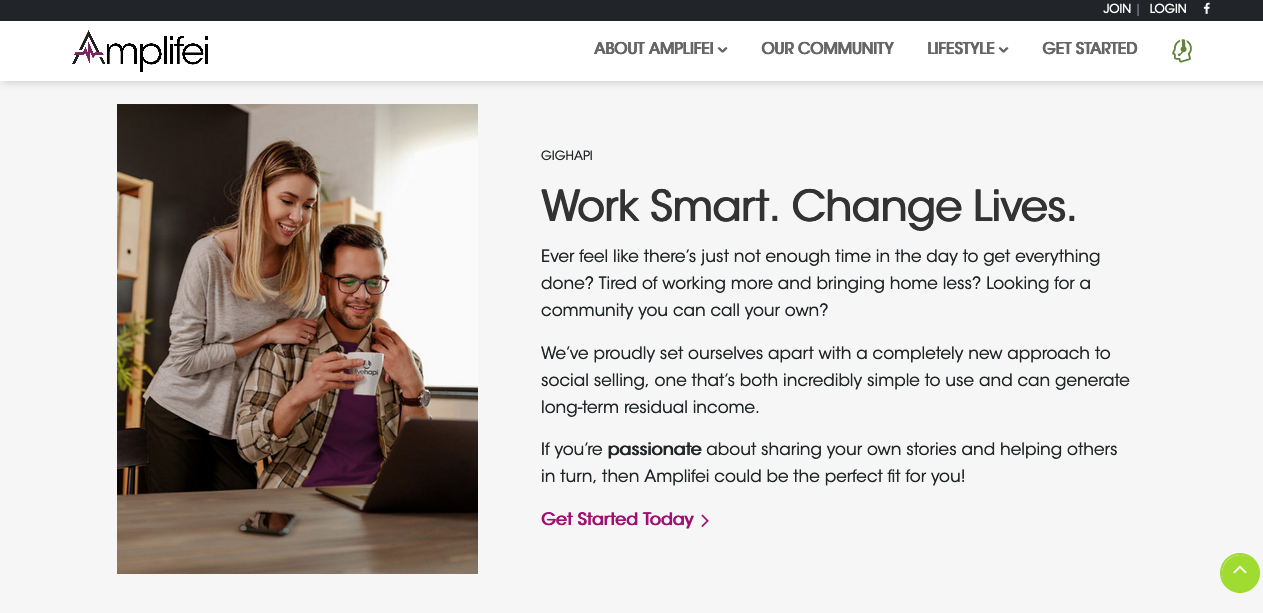
Amplifei
A misleading income disclosure statement is just the tip of the iceberg with this supplement MLM.
State regulators allege program misled students into thinking they could earn health care degrees online and was affiliated with a New York college.
The College Network advertises itself as a program that helps students earn health care and nursing degrees online and advance their health career careers. But the Indianapolis-based company is being sued by New York State Attorney General Eric Schneiderman for alleged false and deceptive advertising.
The suit contends that the company created the false impression it offers nursing degrees online and was affiliated with Excelsior College in New York. In reality, Schneiderman said, the program consisted mostly of unhelpful study guides that as many as 2,000 New York consumers were duped into spending thousands of dollars to purchase or finance through loans offered through Southeast Financial Credit Union, which partnered with The College Network. When students couldn’t pay the loans, American Credit Exchange, a collection agency operated also by The College Network owner Gary Eyler, contacted the students. Both the credit union and collection agency were also named in the suit.
Some examples of the alleged deceptive advertising by The College Network include:
What students actually got for their money
The College Network actually just provides Comprehensive Learning Modules (CLM). These are really just glorified study guides that cost $500 each, which consumers complained “did not prepare them for the required exams they needed to pass in order to get course credit.”
The suit also alleges that:
The College Network has 380 complaints with the BBB, many centered on the cancellation policy and the fees for exams that weren’t reimbursed.
“Businesses operating in New York must conduct business fairly, and that means not using false and deceptive advertising to take advantage of consumers,” Schneiderman said in a statement. “As we allege, hard-working New Yorkers – many of them single moms and immigrants – were duped into buying expensive, inadequate study materials and access to ‘academic advisors’ who were falsely touted as experts … We will continue to crack down on this kind of abuse in the education sector.”
The College Network agreed to a temporary restraining order requiring it to disclose that it is not affiliated with Excelsior College and is not a degree-granting program.
In a statement, The College Network defended its program, saying it provides valuable resources for students. The company said:
Mr. Schneiderman’s bloviating statements are the real false advertising in this case. The law is clear and we have done nothing unlawful.
This is not the first time the company has been investigated by state officials. In 2004, following an inquiry by the Indiana Attorney General, The College Network agreed to provide written notice to consumers about its cancellation policies and refund consumers’ money within ten days.
Read more of TINA.org’s coverage of education programs here.
Our Ad Alerts are not just about false and deceptive marketing issues, but may also be about ads that, although not necessarily deceptive, should be viewed with caution. Ad Alerts can also be about single issues and may not include a comprehensive list of all marketing issues relating to the brand discussed.
A misleading income disclosure statement is just the tip of the iceberg with this supplement MLM.
Welcome to the Michael Scott of MBA programs.
Comparing the amount companies agree to pay to settle deceptive marketing charges with their annual revenue.

